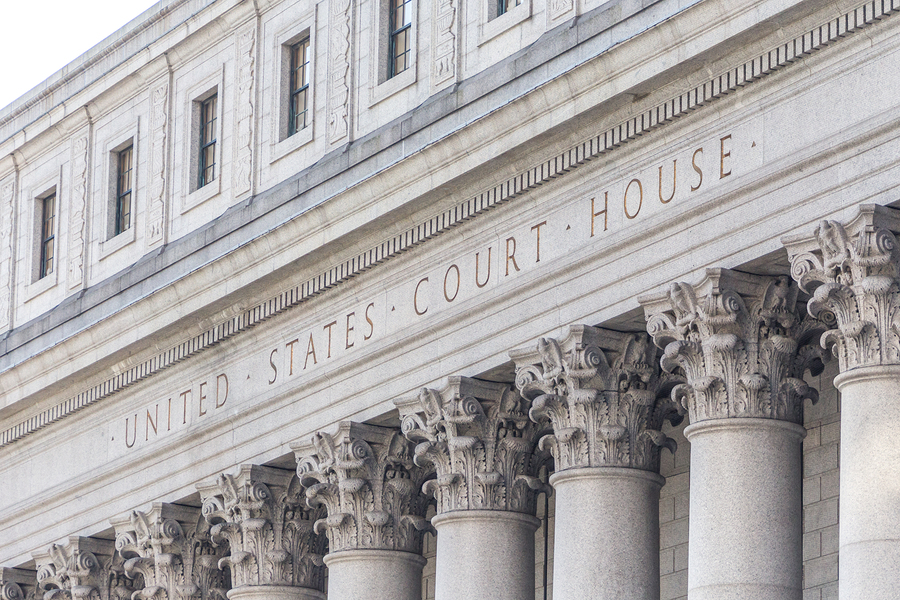Whether on a state or federal level, all crimes fall under one of three categories of offenses. Each category differs in severity of crime, level of punishments, and much more. We are talking about felonies, misdemeanors, and infractions. Regardless of the particular legal matter you are facing at the moment, it is in your best interest to educate yourself on what your charges mean, and what’s at stake in terms of your freedom.
Continue below to review some of the most frequently asked questions and answers about these 3 categories of offenses, and what you should do if you were just arrested for a crime.

What is a Felony?
A felony is any crime on a federal level that is punishable by more than 1 year in jail, and up to $10,000 in fines, but can also include a long list of additional penalties. Level 6 felonies are the least serious of all felonies, while Level 1 and 2 felonies are the most serious of felonies, with the exception of murder, which tops the list of serious offenses and sits in its own category.
What is a Misdemeanor?
A misdemeanor is a step down from a felony in terms of seriousness, but nonetheless, still very serious. They are state-level crimes that are divided into three “classes”, from most serious to least serious: Class A Misdemeanors, Class B Misdemeanors, and Class C Misdemeanors. Misdemeanors are punishable by up to $10,000 in fines, and up to 1 year, so those convicted will not be sentenced to longer than 12 months in jail.
What is an Infraction?
Infractions are the lowest level of crimes among the three categories. Therefore, they are the least serious and come with less severe penalties. Most often, infractions are penalized in the form of fines, which can range in price depending on several factors, mainly the subject matter of the offense. Examples of common infractions including parking and speeding tickets. In some states, infractions are not even adjudicated in criminal court, and instead, considered a civil matter.
What is a Wobbler?
A wobbler is an offense that is on the border of two categories of crimes. For instance, a Class C misdemeanor can wobble on the border of an infraction, and often times, is reduced to such. The same applies to Level 6 felonies, which can be reduced to a Class A misdemeanor, therefore, making it a “wobbler,”
Do I Need a Lawyer for an Infraction?
Often times, infractions can simply be paid off at the courthouse or local county clerks’ office. For this reason, there is usually not a need for professional counsel. Unless you are facing several infractions at once, or your infractions are false accusations, you likely do not need to hire a lawyer. You can, however, still seek out professional advice from a lawyer before managing your infractions.
What are the Penalties for a Felony Conviction?
Level 1 and 2 levels are punishable by up to 30 years or more, depending on the variables of the offense. Level 6 felonies are punishable by up to 3 years in prison and up to $10,000 in fines. Additional penalties include parole, probation, community service, rehabilitation, community victim panels, and more.
What are the Penalties for a Misdemeanor Conviction?
Misdemeanors are punishable by up to 1 year in county jail and up to $10,000 in fines. They are commonly ordered with additional penalties, including probation, community service, restitution, victim impact panels, rehab, drug and alcohol classes, and more.
Where to Get Trusted Criminal Defense in Indianapolis, Indiana
Call the Law Office of David E. Lewis at 317-636-7514 to schedule a free initial consultation with aggressive Indiana criminal defense lawyer who will stop at nothing to protect your rights and preserve your freedoms. With decades of hands-on experience, you can trust Attorney David E. Lewis to build you a strong and impactful defense against your Indiana criminal charges.









